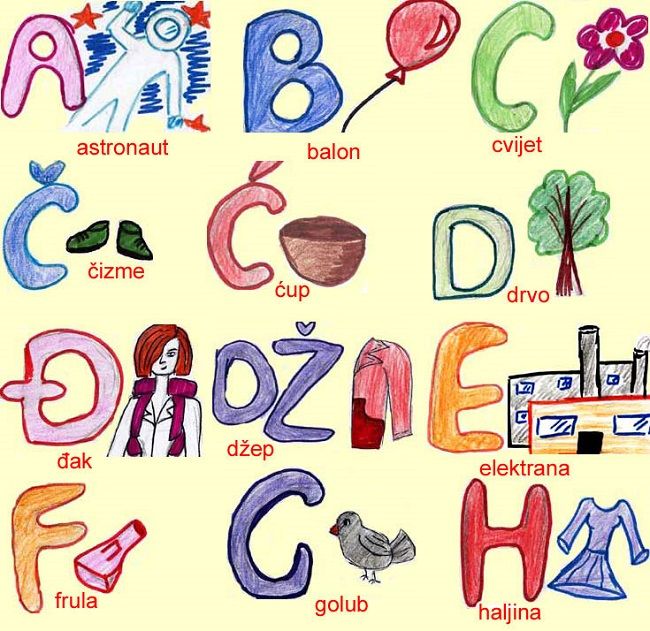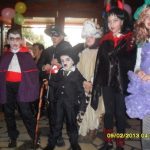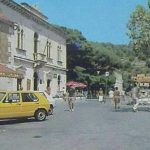Learning to read in Croatian and English is a rather different experience. Croats have it easier, for sure…
Life enters a new phase this autumn and winter, with the arrival of the first school homework into the Total Hvar household. It is something I have been anticipating with an equal mixture of fear and interest. Not being able to help your 6 year-old through her homework does not make you look like the most intelligent parent, but on the other hand, a chance to learn some more Croatian and spend more time in my daughter’s world.
It has been a fascinating experience so far, no more so that in the world of reading.

As any student of English will tell you, the language makes absolutely no sense. Whether writing or pronouncing it, my sympathies have always been with foreign students trying to perfect their English. There are so many words that sound and are written completely illogically that I am in constant admiration of those who manage to master English as a foreign language.
Not having taught anyone to read before, I have been watching my daughter’s progress in both languages with interest, and have to confess my admiration at the logic of the Croatian alphabet, surely the best language in the world to learn to read and write.
Croatian is an impossible language, I hear you cry. Not at all, it is the most logical I have ever come across on my travels, and one which is a dream to someone learning to read and write. There are 30 letters in the Croatian alphabet, 8 of which are not in the English alphabet, and missing 4 which are in the English alphabet (Q,W,X,Y). And here is the beautiful thing – they all sound as they should, a totally phonetic language. So if you learn the letters, you can literally read and write any word in the Croatian language.
At the age of six.
In the first week, I would read the instructions for each piece of homework, but now I just sit back and let Hannah read. She can tackle the longest words (and ones I have no idea what their meanings are) slowly, enunciating the sounds, then putting them together. The same with writing. By slowly enunciating the word, sound by sound, she can simply build the word from the logical Croatian language blocks.
Whoever invented the Croatian language and kept it so logical – good job!
And then there is English…
Even at this early stage, I can detect a different approach. The reading of the individual letters is the same, but without the logic of the Croatian alphabet, it makes no sense. There is a lot more word recognition (eg ‘the’) and less of the logical Croatian approach.
All this is great for Daddy’s Croatian too, and a source of laughter for our young student. Going through the alphabet card, where each letter is allocated a picture and word (A for auto etc.), she was much amused to find that Daddy only knew 22 of the 30 words in the pictures, and my vocabulary is now a few words richer.
Croatian homework – an entertaining, informative but above all highly logical experience.











